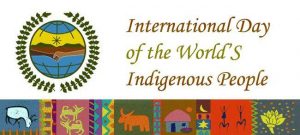
The United Nations’ (UN) International Day of the World’s Indigenous People is observed on August 9 each year to promote and protect the rights of the world’s indigenous population. This event also recognizes the achievements and contributions that indigenous people make to improve world issues such as environmental protection.
Background
The International Day of the World’s Indigenous People is celebrated on August 9 each year to recognize the first UN Working Group on Indigenous Populations meeting in Geneva in 1982. On December 23, 1994, the UN General Assembly decided that the International Day of the World’s Indigenous People should be observed on August 9 annually during the International Decade of the World’s Indigenous People.
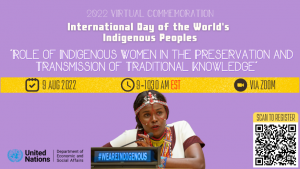 In 2004 the assembly proclaimed the Second International Decade of the World’s Indigenous People (2005-2014). The assembly also decided to continue observing the International Day of Indigenous People annually during the second decade. The decade’s goal was to further strengthen international cooperation for solving problems faced by indigenous peoples in areas such as culture, education, health, human rights, the environment, and social and economic development.
In 2004 the assembly proclaimed the Second International Decade of the World’s Indigenous People (2005-2014). The assembly also decided to continue observing the International Day of Indigenous People annually during the second decade. The decade’s goal was to further strengthen international cooperation for solving problems faced by indigenous peoples in areas such as culture, education, health, human rights, the environment, and social and economic development.
In April 2000, the Commission on Human Rights adopted a resolution to establish the UN Permanent Forum on Indigenous Issues that was endorsed by the Economic and Social Council. The forum’s mandate is to discuss indigenous issues related to culture, economic and social development, education, the environment, health and human rights.
Source: Text: timeanddate.com Images: yyccies.blogspot.com UN

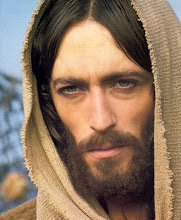 Recognizing him for who he is,
Recognizing him for who he is,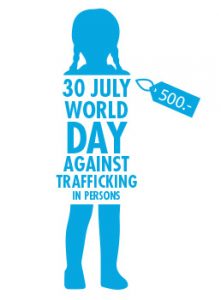
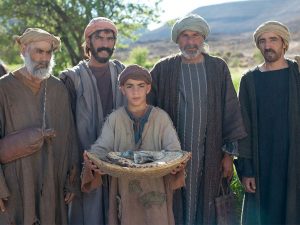
 The tiger is the largest of the world’s big cats and this magnificent creature, with its distinctive orange and black stripes and beautifully marked face, has a day that is dedicated to it. This was first celebrated in 2010 and was founded at an international summit that had been called in response to the shocking news that 97% of all wild tigers had disappeared in the last century, with only around 3,000 left alive.
The tiger is the largest of the world’s big cats and this magnificent creature, with its distinctive orange and black stripes and beautifully marked face, has a day that is dedicated to it. This was first celebrated in 2010 and was founded at an international summit that had been called in response to the shocking news that 97% of all wild tigers had disappeared in the last century, with only around 3,000 left alive.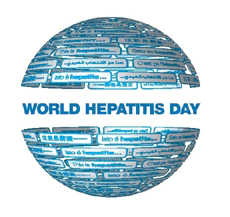
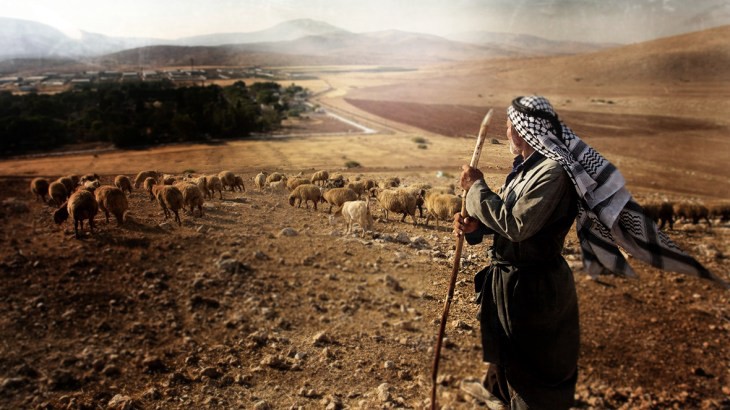
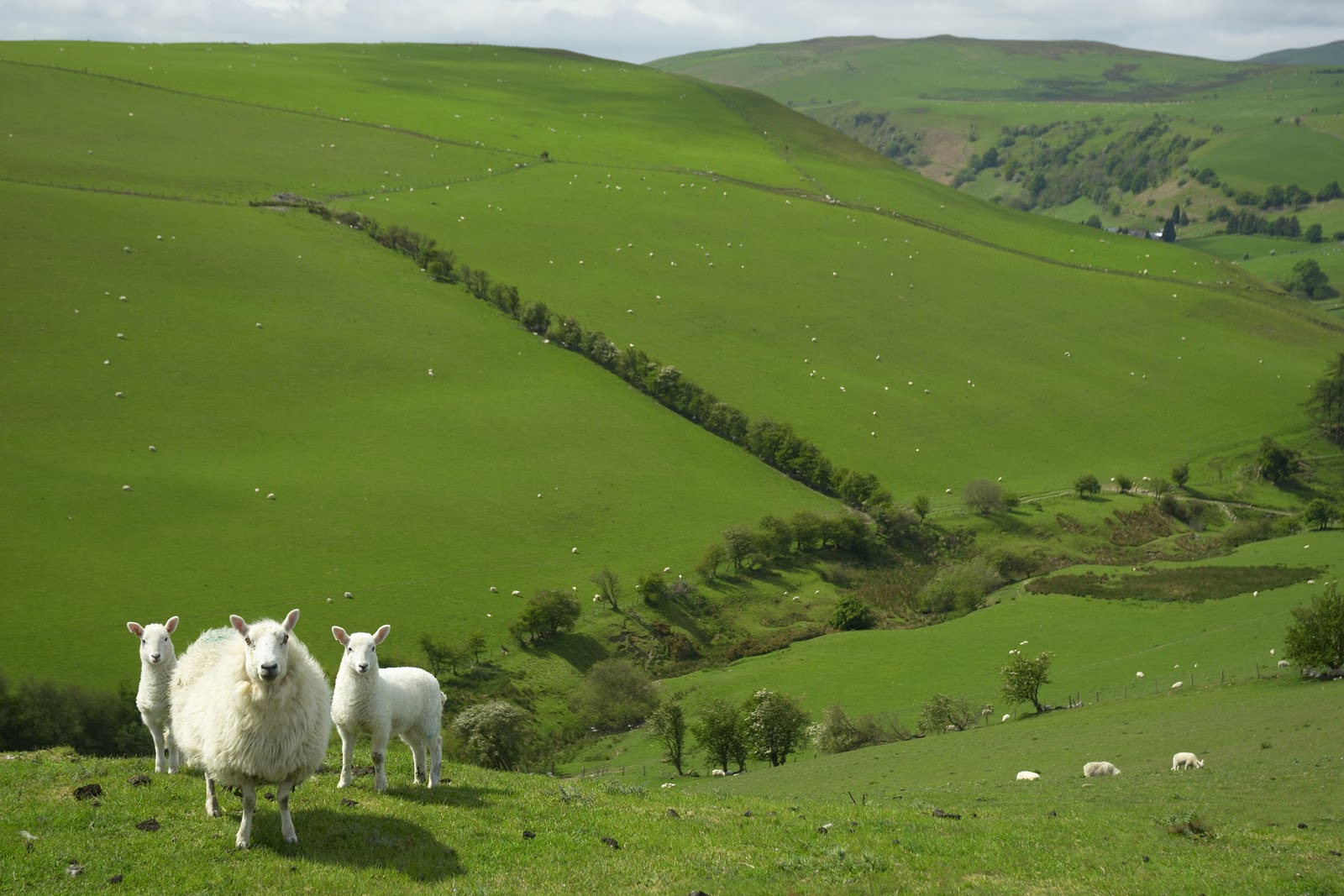 I wonder, yes, I do… how many people are aware that God himself offers us precisely that:
I wonder, yes, I do… how many people are aware that God himself offers us precisely that: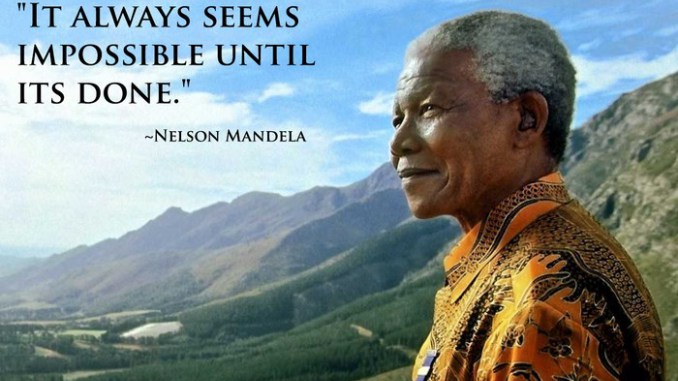
 Every year on July 17, World Day for International Justice is observed all around the world. The aim of the day is to promote international criminal justice and as a way of supporting the work of the ICC.
Every year on July 17, World Day for International Justice is observed all around the world. The aim of the day is to promote international criminal justice and as a way of supporting the work of the ICC.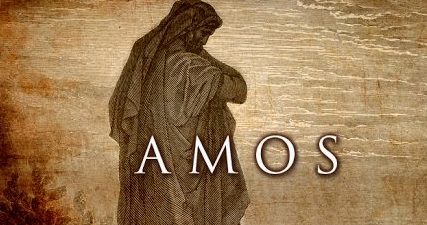
 To be ‘seized’ by God is… quite an experience!
To be ‘seized’ by God is… quite an experience!